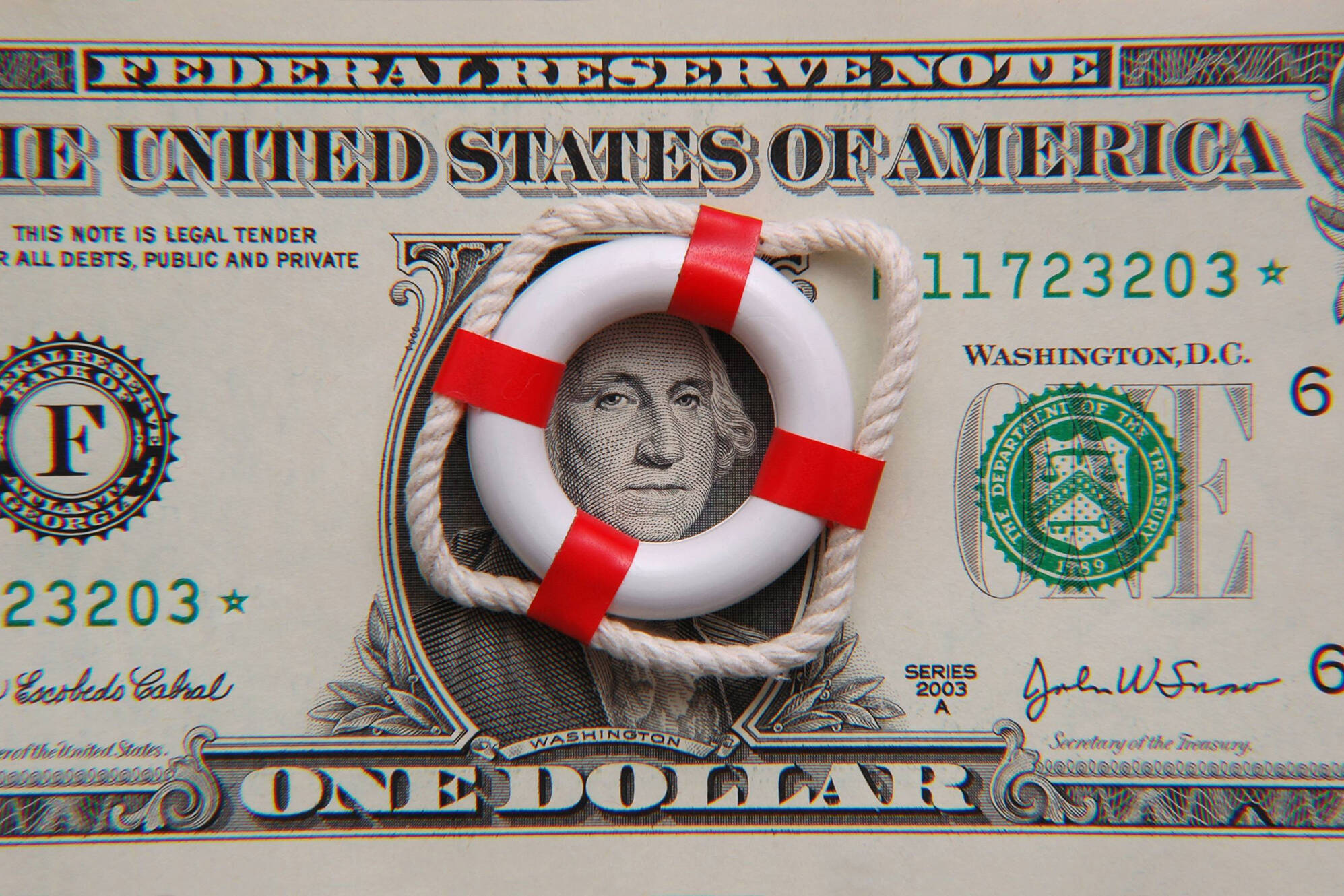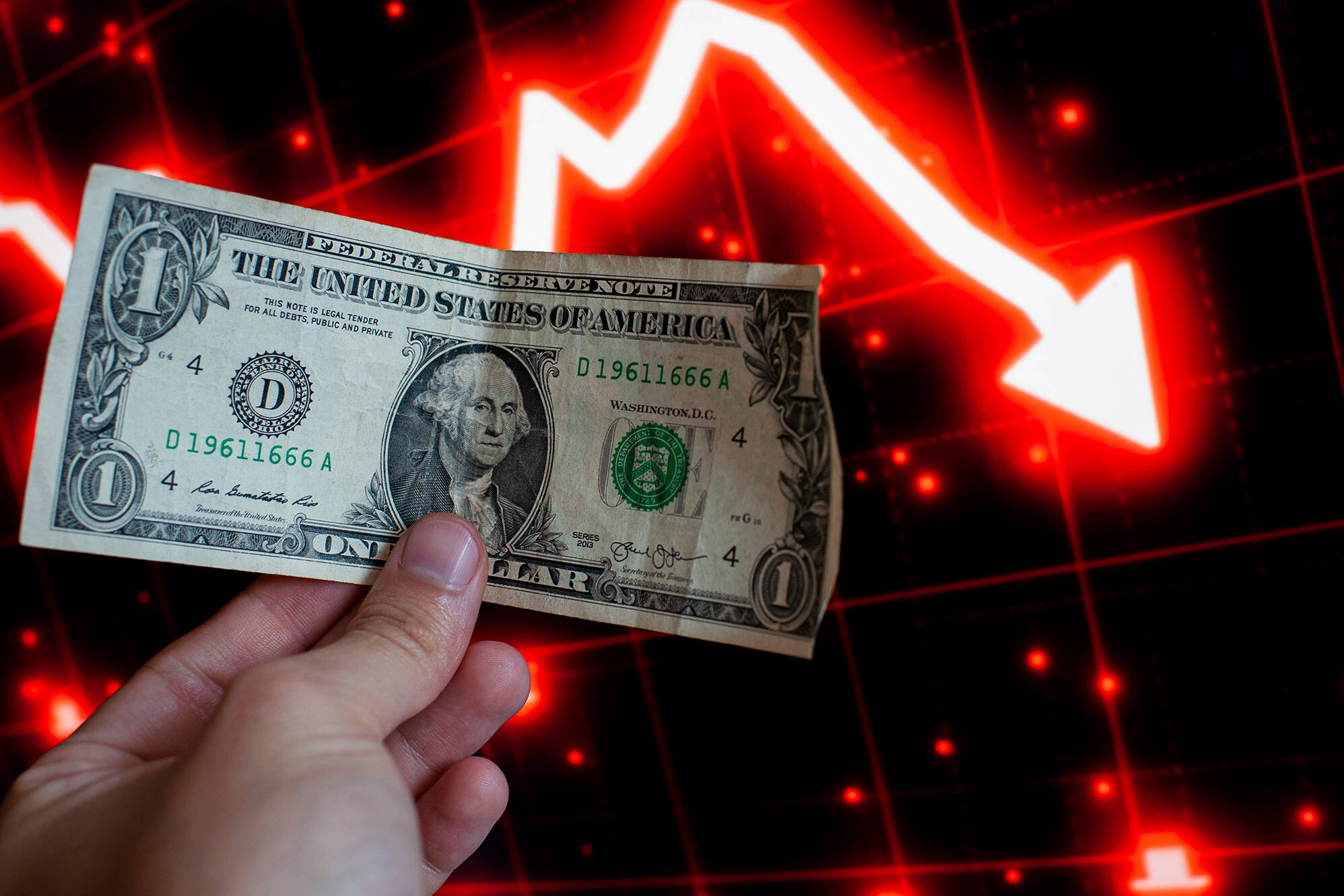Paul Horvath breaks down why the administration is betting big on tariffs – and what it means for working Americans.
When things in Washington get chaotic – as they often do – No Labels brings in political experts and business leaders who can cut through the noise and give you all the facts you need to know.
On our latest call, we were joined by Paul Horvath, CEO of Orchard Global and a seasoned financial expert, to make sense of the Trump administration’s new economic playbook, which includes raising U.S. tariffs to the highest level in decades.
Horvath offered his take on what is happening and what it might mean for the country. Here’s the rundown:
The Big Picture: A New Economic Tradeoff
According to Horvath, the White House sees this moment as a chance to reset the American economy.
He said the Trump administration is offering a deal to the 65 percent of the country that make up the working and middle class: lower costs for essentials like housing, energy, and food, plus higher-paying jobs. But it comes with a tradeoff – consumer goods like smartphones, sneakers, and electronics will cost much more.
This, Horvath said, is a “class politics” gamble. The administration is betting that most Americans, especially the working-class voters who sent President Trump back to the White House, will be okay with higher prices for some items in exchange for more affordable necessities and job security.
Trade, Deficits, and Debt
The Trump tariffs are one part of a broader plan to address what Horvath said are “warning signs that have been flashing for decades.”
- America’s trade deficit is nearly $1 trillion, and the budget deficit is nearly $2 trillion.
- Horvath pointed to rising credit card debt and car repossessions as signs of economic distress for the bottom 65 percent of earners.
- Over the last 25 years, Horvath said, most of the benefits of economic growth and stock market gains have gone to the top 10 percent of earners.
While many economists say trade deficits – the difference between what Americans buy from other countries and what we sell to them – are not necessarily harmful, Horvath says they can be. Well-off countries like Germany, Japan, and China, he mentioned, are careful to avoid trade deficits.
So, with many Americans are hurting economically, and the U.S. running record-high trade deficits, the White House is choosing to shake up the economy rather than continue the status quo.
Inflation and the Spending Problem
Horvath says the Trump administration is also trying to lower costs and fight inflation, to ease the economic burdens on working-class Americans.
Horvath said President Trump is especially targeting energy policy. He’s looking to increase oil production to bring down gas prices, which includes:
- More domestic production. As the President put it: “Drill, baby, drill!”
- Pressuring Saudi Arabia and others in the region to increase their output.
- Negotiating peace in Ukraine so Russian oil can get back on the global market.
Government spending is another key factor raising costs, Horvath said. He quoted the economist Milton Friedman, who said that government “printing money leads to inflation.” Horvath agrees that the trajectory of “mandatory spending” entitlement programs like Social Security and Medicare is not sustainable.
Reforming entitlements would take an act of Congress, but Horvath believes the White House can still make meaningful cuts to the deficit through efforts like the Department of Government Efficiency (DOGE).
What Comes Next?
Nobody outside the White House knows whether these tariffs are permanent or just a bargaining chip. Horvath did give one piece of advice to President Trump: strike a few major trade deals with massive trading partners like the EU or India to soothe the markets, and then quietly work out agreements with the rest of the world.
In closing, Horvath was clear-eyed but cautiously hopeful. “This is the biggest challenge President Trump has ever taken on,” he said. “If this doesn’t work, America loses. American workers lose. The whole world loses.”
Horvath said even the skeptics should hope this plan works. Because the stakes – both for America and the world – couldn’t be higher.




